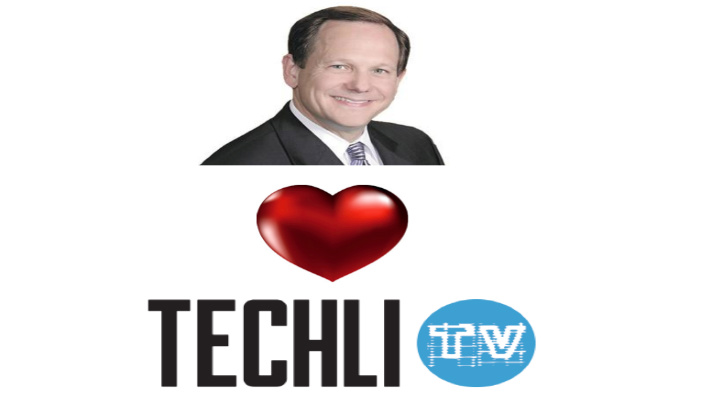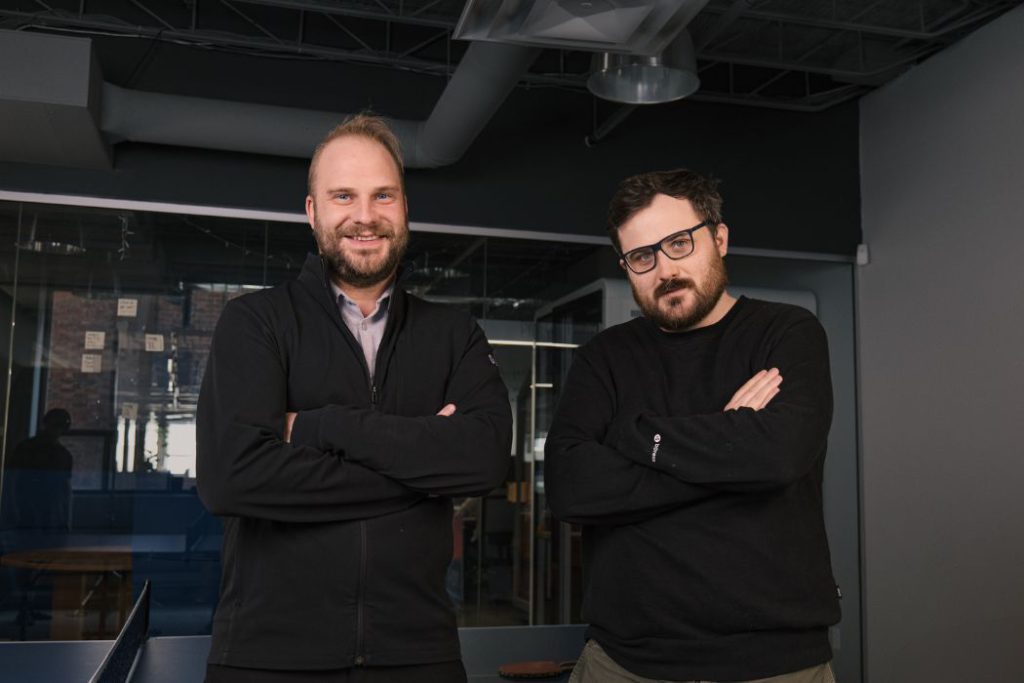 Wells Fargo Advisors is one of the largest wealth management companies in the world. The company’s 15,000-plus financial advisors manage the money and provide financial advice to high-net worth individuals and families, something that has been happening for generations.
Wells Fargo Advisors is one of the largest wealth management companies in the world. The company’s 15,000-plus financial advisors manage the money and provide financial advice to high-net worth individuals and families, something that has been happening for generations.  But Scott Welz isn’t a financial advisor. Rather, he heads up Wells Fargo Advisors Innovation Labs, which is tasked with bringing about a more innovative culture to the company. Currently, Wells Fargo Advisors’ Innovation Lab has only four employees, however, that is expected to grow quite a bit in the coming years, he said. According to many who are familiar with innovation and entrepreneurship, innovation isn’t a new phenomenon – companies big and small have always had to adapt to changing landscapes. However, due to factors such as globalization and the lightning speed development of technology, large companies in pretty much every industry have placed a much larger emphasis on it. More companies are creating ventures similar to Wells Fargo Advisors, and positions such as Welz’s are becoming much more common. At Wells Fargo Advisors, Welz said the first major objective of the unit is to bring about a different mindset, one in which every team member walking in the door might come up with the next great idea for the company. “We are going to be a place where everyone can be an innovator, no matter what their role is within the organization,” he said. “In a big company such as ours, we don’t turn on a dime. But we want to build a culture where we all find new ways of what we are going to do, no matter what their role is.” Wells Fargo Advisors is placing a larger emphasis on innovation partially because the traditional levers for growth are not an option like they were in the past. Much of the firm’s growth in the last 15 to 20 years came through acquisitions, but consolidation in the banking industry leaves fewer of those opportunities. Therefore, much of the new growth must take place organically. Welz emphasized that the changes that are taking place are not intended to remove the human element of the business, but rather to enhance it. In fact, clients will not see many of the changes that will take place – a lot of the innovation will help simplify back-office processes such as compliance and auditing. However, as a younger generation builds more wealth, the company will have to find new ways to reach out to those particular investors, Welz said. For instance, advisors will need to be able to have new tools at their disposal to discuss finances with clients remotely, such as video conferencing. Wells Fargo Advisors has also spent some time working with some of the startups in the St. Louis area, most notably with some of the firms in the SixThirty financial technology accelerator program. Although some of these financial startups may be looking to enter the space that Wells Fargo currently occupies, others are merely a compliment to what the company is already doing. “St. Louis has so much going on in terms of entrepreneurship, and we definitely want to capitalize on that,” Welz said.
But Scott Welz isn’t a financial advisor. Rather, he heads up Wells Fargo Advisors Innovation Labs, which is tasked with bringing about a more innovative culture to the company. Currently, Wells Fargo Advisors’ Innovation Lab has only four employees, however, that is expected to grow quite a bit in the coming years, he said. According to many who are familiar with innovation and entrepreneurship, innovation isn’t a new phenomenon – companies big and small have always had to adapt to changing landscapes. However, due to factors such as globalization and the lightning speed development of technology, large companies in pretty much every industry have placed a much larger emphasis on it. More companies are creating ventures similar to Wells Fargo Advisors, and positions such as Welz’s are becoming much more common. At Wells Fargo Advisors, Welz said the first major objective of the unit is to bring about a different mindset, one in which every team member walking in the door might come up with the next great idea for the company. “We are going to be a place where everyone can be an innovator, no matter what their role is within the organization,” he said. “In a big company such as ours, we don’t turn on a dime. But we want to build a culture where we all find new ways of what we are going to do, no matter what their role is.” Wells Fargo Advisors is placing a larger emphasis on innovation partially because the traditional levers for growth are not an option like they were in the past. Much of the firm’s growth in the last 15 to 20 years came through acquisitions, but consolidation in the banking industry leaves fewer of those opportunities. Therefore, much of the new growth must take place organically. Welz emphasized that the changes that are taking place are not intended to remove the human element of the business, but rather to enhance it. In fact, clients will not see many of the changes that will take place – a lot of the innovation will help simplify back-office processes such as compliance and auditing. However, as a younger generation builds more wealth, the company will have to find new ways to reach out to those particular investors, Welz said. For instance, advisors will need to be able to have new tools at their disposal to discuss finances with clients remotely, such as video conferencing. Wells Fargo Advisors has also spent some time working with some of the startups in the St. Louis area, most notably with some of the firms in the SixThirty financial technology accelerator program. Although some of these financial startups may be looking to enter the space that Wells Fargo currently occupies, others are merely a compliment to what the company is already doing. “St. Louis has so much going on in terms of entrepreneurship, and we definitely want to capitalize on that,” Welz said.
St. Louis Startups Inspire Innovation At Wells Fargo Advisors
By Techli
3 septiembre, 2014









